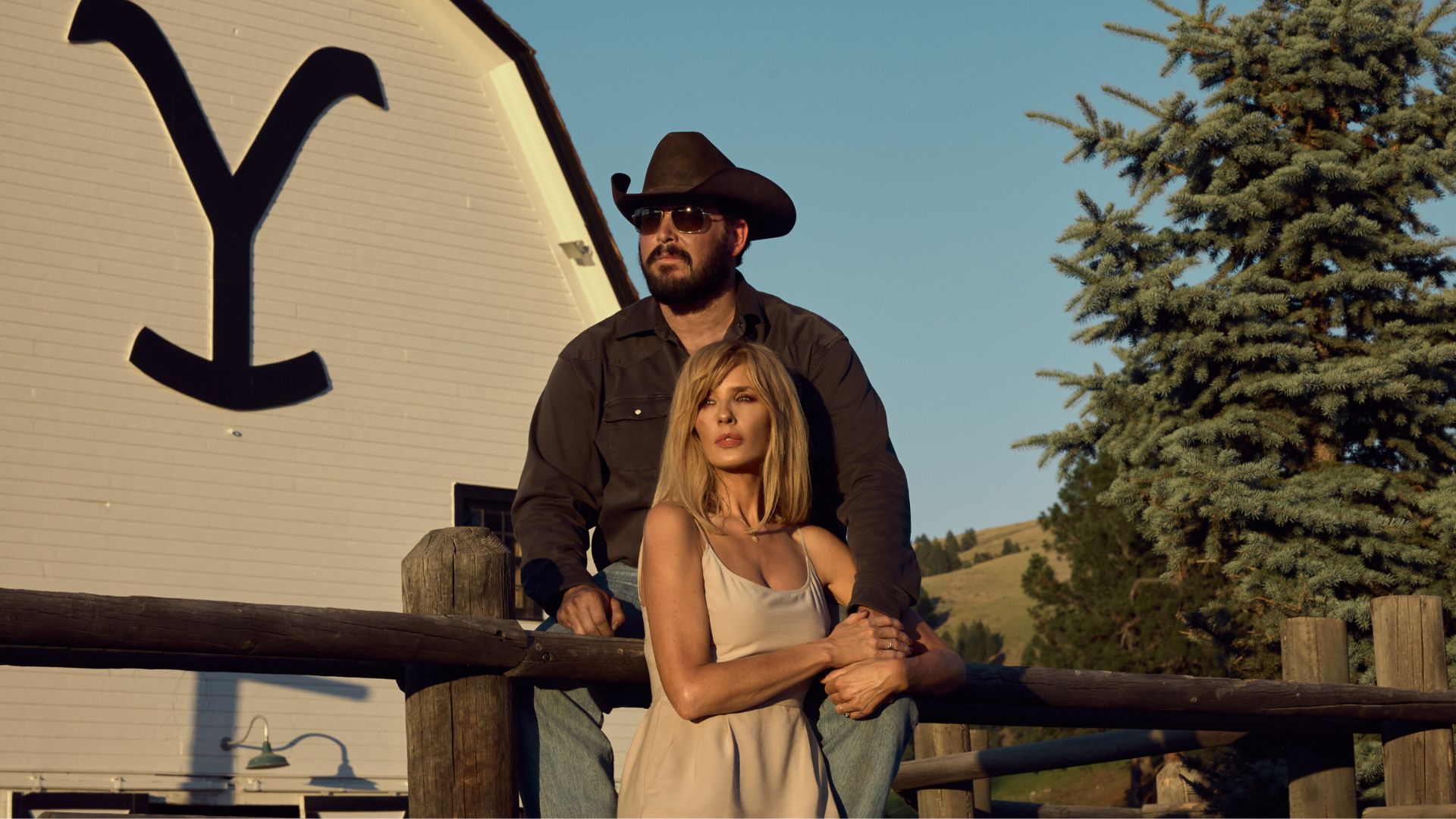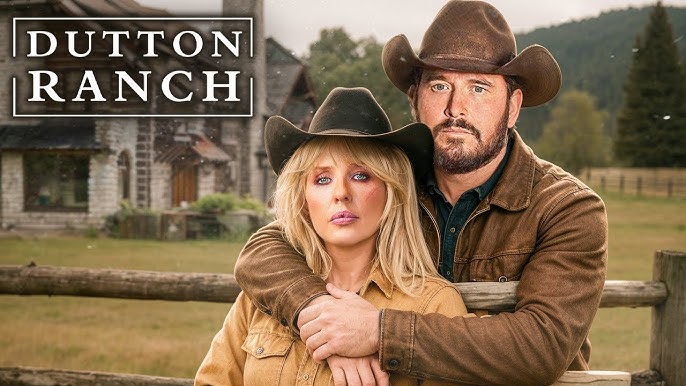THE DUTTON RANCH (2025)

Related movies :
The untamed heart of the American West beats louder than ever in The Dutton Ranch (2025), a gripping new drama that expands the epic legacy of the Yellowstone universe. The first trailer blazes with rugged beauty—golden plains stretching to the horizon, thundering herds of cattle, and tense standoffs beneath blood-red sunsets—promising a saga of family, power, and the fight to protect sacred land.

This chapter follows the next generation of Dutton heirs as they battle corporate developers, ruthless politicians, and old enemies seeking to carve up their Montana empire. Secrets buried for decades rise to the surface, testing loyalties within the family as betrayals and shifting alliances threaten to tear the ranch apart. The trailer teases dramatic horseback chases, fiery clashes over water rights, and a climactic shootout in the shadow of the Tetons where the future of the ranch will be decided in blood and grit.

🎬 Visually, The Dutton Ranch is a feast of cinematic Western grandeur. Sweeping drone shots capture snow-dusted peaks and rolling valleys, while intimate close-ups reveal the quiet fury behind every hard stare and whispered deal. The soundtrack blends haunting country ballads with tense orchestral swells, amplifying both the beauty and brutality of ranch life.

⭐ Review (Early Impressions): Early buzz praises the series for its powerhouse performances, fierce writing, and breathtaking landscapes, calling it a worthy continuation of Yellowstone’s gripping storytelling.











